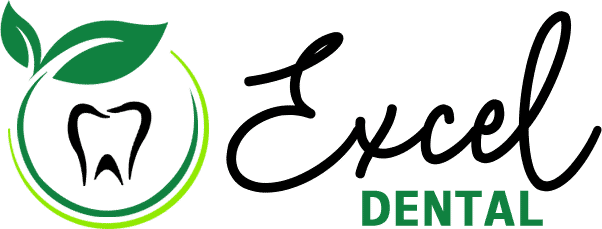Welcome to our blog on dental emergencies! Dental emergencies can be a scary and painful experience, but knowing how to handle them can make all the difference in preventing further damage and getting relief. From knocked-out teeth to severe toothaches, we’re here to guide you through some of the most common dental emergencies and provide tips on how to handle them until you can seek professional help. So sit back, relax (if your toothache allows!), and let’s dive into the world of dental emergencies together.
Common Dental Emergencies
Dental emergencies can happen at any time and can be quite distressing. Knowing the most common types of dental emergencies can help you prepare for such situations.
One of the most common dental emergencies is a toothache, which can be caused by various factors such as cavities, gum disease, or an abscessed tooth. A chipped or broken tooth is another common emergency that requires immediate attention.
A knocked-out tooth also falls under this category and needs prompt treatment to increase the chances of saving the tooth. Another type of dental emergency involves objects stuck in between teeth, which could cause pain and discomfort if not removed quickly.
Soft tissue injuries like cuts or lacerations on the gums, cheeks, lips, or tongue should not be ignored since they could lead to infections if left untreated.
Knowing these types of dental emergencies will enable you to take appropriate action when faced with one and minimize damage until professional help arrives.
How to Handle a Dental Emergency
Handling a dental emergency can be overwhelming, but it’s crucial to stay calm and act quickly. The first step is to assess the severity of the situation. If there is severe bleeding or pain, seek professional help immediately.
If you have a knocked-out tooth, try to place it back into its socket without touching the root if possible. If not, place it in milk or saliva until you can see a dentist. For a chipped or broken tooth, rinse your mouth with warm water and apply pressure with gauze if there is any bleeding.
For objects stuck between teeth, try gently flossing around the area to dislodge it. Avoid using sharp objects that could cause further damage. In cases of severe swelling or abscesses, use ice packs on the affected area for 20 minutes at a time.
It’s important to remember that not all emergencies require immediate attention from a dentist. Mild discomfort or sensitivity can often wait until regular office hours resume.
By taking quick action and staying level-headed during a dental emergency, you can minimize damage and ensure proper treatment when necessary.
When to Seek Professional Help
When it comes to dental emergencies, there are some instances where seeking professional help is necessary. While at-home remedies can provide temporary relief, they may not be enough to fully address the issue.
If you experience severe pain that doesn’t go away with over-the-counter pain medication or swelling in your face, gums, or cheeks, it’s important to see a dentist as soon as possible. These symptoms could indicate an abscessed tooth or a serious infection that requires immediate attention.
Another reason to seek professional help is if you’ve suffered trauma to your mouth, such as a broken tooth or jaw. A dentist can assess the damage and determine the appropriate course of treatment.
Additionally, if you have bleeding in your mouth that won’t stop after applying pressure for 10-15 minutes or lost a filling or crown and are experiencing discomfort, seeing a dentist promptly can prevent further complications.
It’s important to note that delaying treatment for dental emergencies can lead to more extensive and expensive procedures down the line. Therefore, don’t hesitate to reach out for professional help when needed.
Conclusion
Dental emergencies can happen when we least expect them. Knowing how to handle these situations can make all the difference in preventing further damage or pain. Remember to stay calm and assess the situation before taking action. Whether it’s a knocked-out tooth, severe toothache, broken braces or any other type of dental emergency, always seek professional help if you’re unsure about what to do.
By following these tips on handling common dental emergencies and seeking prompt treatment from your dentist, you’ll be able to maintain good oral health and prevent more serious problems down the line. So take care of your teeth by being prepared for any emergency that might come your way!


